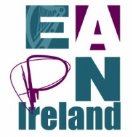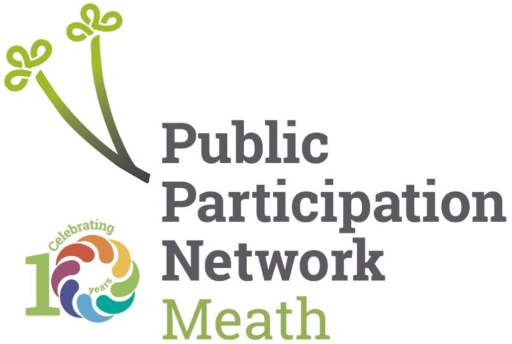European Anti-poverty Network Ireland publishes research “Giving Health Inequality a Voice”

European Anti-poverty Network Ireland publishes research “Giving Health Inequality a Voice”
Read “Giving Health Inequality a Voice” here.
The European Anti-Poverty Network (EAPN) Ireland has today published the findings from its health research project entitled Giving Health Inequality a Voice. The project, funded by the Irish Human Rights and Equality Commission, explores how the social determinants of health, poverty, and ill-health, intersect to create health inequalities. The research was commissioned to explore the factors that drive health inequality through listening to people in communities across Ireland. As part of the research, EAPN Ireland facilitated five community conversations on how to improve services and reduce health inequalities. These community conversations took place in late 2019 in Longford Town, Tallaght and the North Inner City in Dublin, Knocknaheeney in Cork City and Donegal Town. The report proposes recommendations that will help to improve the health outcomes of people and communities that are marginalised, by strengthening how our national health strategies address health inequality and how they are delivered locally.
Some of the recommendations in the research report include:
- The need for recognition of the limited ability of vulnerable groups to opt into engaging with the Government led “Healthy Ireland” programmes and initiatives and develop more user sensitive, proactive, and effective ways of engaging with disadvantaged communities.
- The HSE should collaborate with community leaders and groups in areas with severe social problems to identify and implement solutions which improve the physical and mental wellbeing of residents.
- Formal processes are needed to ensure authentic community representation is factored into the design and delivery of health and social care services.
- Responsive integrated referral management should be put in place- including Social Prescribing and referral to specific community and voluntary services – to optimise patient outcomes and avoid acute admissions.
- The establishment of a monitoring index containing both health inequality indicators and all measures which address health inequalities, particularly in both Healthy Ireland and Sláintecare – and other relevant strategies.
Paul Ginnell Director of EAPN Ireland states: “Health inequality represents inadequate access to, and insufficient availability of, appropriate health care supports and services, resulting in ongoing and unaddressed health problems and reduced life expectancy for many people. The research reports show us that health inequalities are deeply connected to the structural inequalities that impact on people and communities, such as poverty and social exclusion. The recommendations in the report highlight how important it is for those making health policy, and those providing health services, to engage with and respond to the communities that are most likely to experience inequality”.
He goes on to say, “The focus groups for this report took place prior to the arrival of Covid-19 in Ireland. However, the issues raised in the report will only be exacerbated by the current crisis, making the need to address them even more urgent. We are calling on the Government, those at the highest levels of the Department of Health and the HSE, to design and implement health strategies, policies and associated services, that aim to fundamentality address health inequality in Ireland specifically as experienced by disadvantage communities.”
Researcher Audrey Deane, who conducted the research on behalf of EAPN Ireland concludes, “People are experts on their own lives and circumstances, that’s why they need to be listened to when they share their experience of health services. It is not enough to have national policies which talk the talk about addressing health inequalities. EAPN wants to see authentic consultation with disadvantaged communities embedded in the culture and values of the HSE and reflected in the behaviours and attitudes of all health and social care providers. EAPN wants absolute equality of experience and access to quality and timely services for all health service users. EAPN wants everyone accessing health services to be treated with the same degree of respect and dignity, regardless of their means, social class, and ethnicity. Sadly, this is not yet the reality for disadvantaged and marginalised groups in Irish society.”
Read “Giving Health Inequality a Voice” here.

